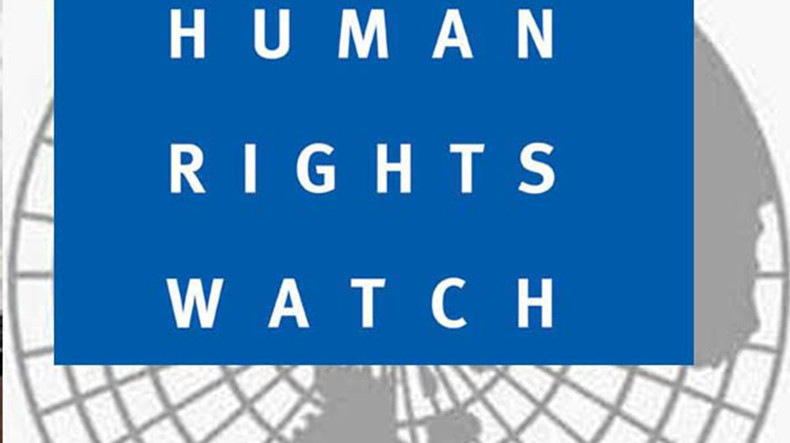This morning, I could not believe it when I got a text saying that Ilgar Mammadov, my friend, former colleague, and a prominent political activist from Azerbaijan, was released from prison. After being behind bars for five years, Mammadov was finally reunited with his family.
Azerbaijani authorities arrested Mammadov in February 2013, shortly after he announced plans to challenge President Ilham Aliyev in the October 2013 presidential election. In a total mockery of justice, the authorities convictedMammadov of inciting violence and sentenced him to seven years in prison.
But today’s ruling made by a court in Azerbaijan’s Sheki district reduces Mammadov’s remaining two-year jail sentence to a suspended term. While this is a moment of tremendous relief, Mammadov’s rights continue to be violated, by virtue of the fact his guilty verdict still stands and the authorities will still limit his freedoms – including his freedom of movement.
Mammadov should have never been imprisoned in the first place. In two separate judgments, the European Court of Human Rights found Mammadov’s detention illegal, that the charges against him were in retaliation for his criticism of the authorities, and his conviction a violation of fair trial norms. The Committee of Ministers of the Council of Europe had called for Mammadov’s immediate release at least a dozen times. In addition, the Secretary General of the Council of Europe initiated a rare inquiry into Mammadov’s continued detention, and in an unprecedented move, the Committee of Ministers decided to trigger legal proceedings against Azerbaijan, referring the case back to the court last fall.
It’s not just Mammadov who was unfairly imprisoned. In a vicious crackdown against critics, Azerbaijani authorities have jailed dozens of human rights defenders, political activists, and journalists. The government adopted a range of draconian laws and regulations, impeding independent groups’ work and their ability to secure funding.
Understandably, Azerbaijan’s international partners are issuing statements to welcome Mammadov’s release, but they should refrain from heaping praise on the government. Every one of Mammadov’s 2,015 days in prison was a violation of his rights, and the authorities still have to right this wrong. Azerbaijan’s international partners should insist authorities fully exonerate Mammadov, ensure his compensation for damages is paid in full, and lift all restrictions on his freedom —to travel, to speak out, to engage in political activism. They should also urge authorities to release the others imprisoned for speaking up for freedom in Azerbaijan.
Giorgi Gogia























































